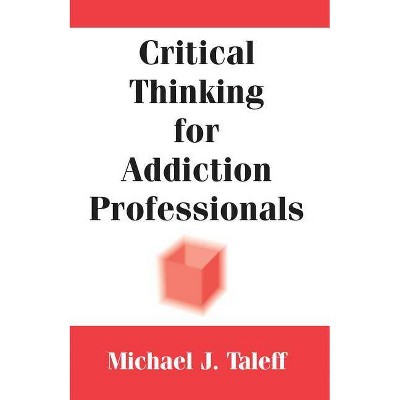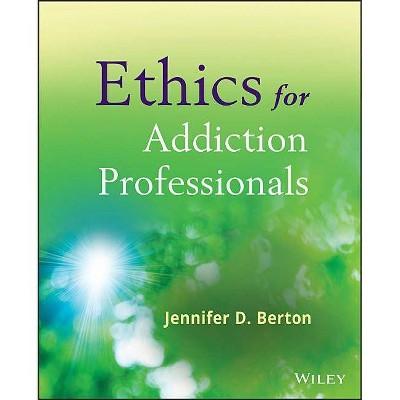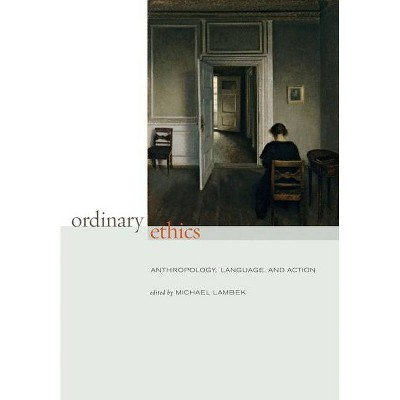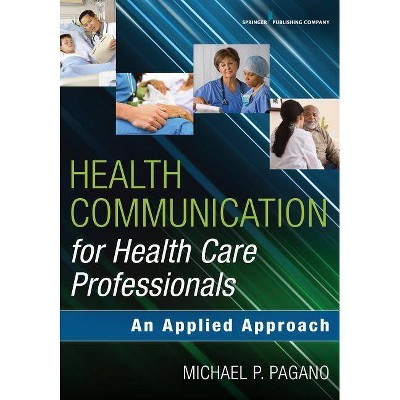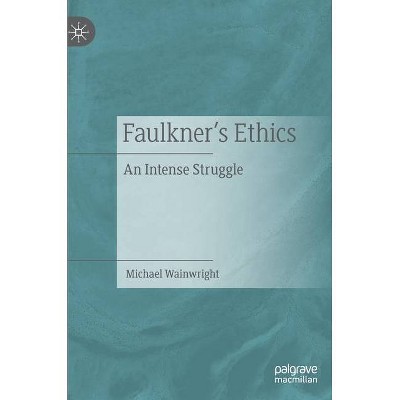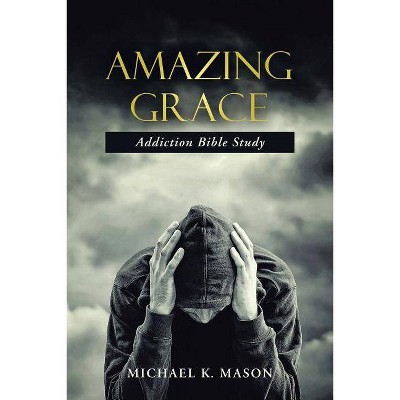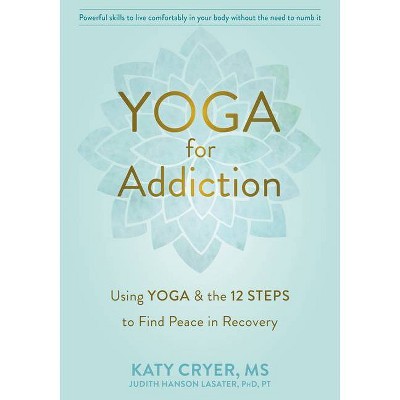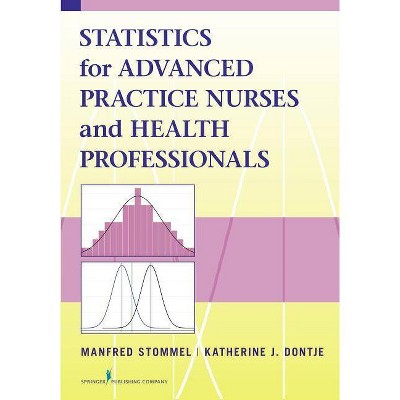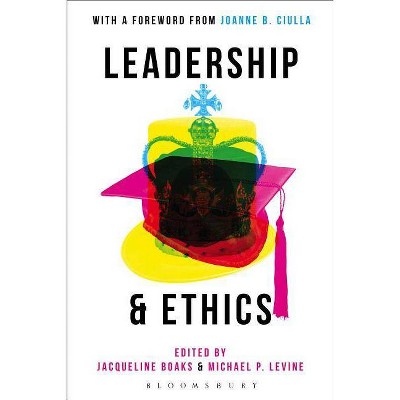Advanced Ethics for Addiction Professionals - by Michael J Taleff (Paperback)
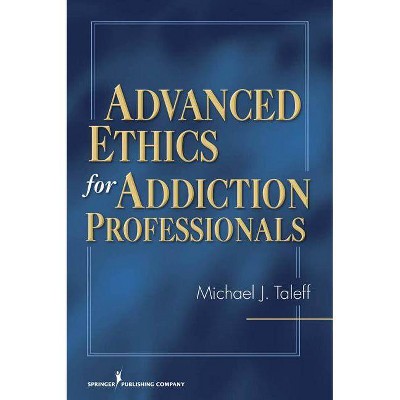
Similar Products
Products of same category from the store
AllProduct info
<p/><br></br><p><b> About the Book </b></p></br></br>"<P>"The aspects of the book related to the philosophy of science and cognitive science (inductive and deductive reasoning, biases, and heuristics) are distilled in reasonable and useful ways. I recommend this book to those addiction professionals who want to create their own framework for ethical decision making." <P>"--PsycCRITIQUES" <P>Ethical decision-making is required in many of the difficult situations faced by addiction professionals. In this guide, Michael Taleff describes how to integrate critical thinking with ethical decision-making. This is a guide not on what to do when confronted with difficult ethical dilemmas, but on how to think about what to do. <P>The author presents common ethical dilemmas that addiction professionals face in their daily work--such as boundary issues, confidentiality, dual relationships, and more--and asks readers to consider their own responses to these dilemmas. The book then shows readers how to apply new models of ethical thinking to practice. <P>Key features: Presents an ethical self-exam to encourage critical thinking about one's own decision-making method Introduces a variety of models such as the social contract theory, existentialist theory, and ethical egoism Discusses how biases, emotional reactions, and fallacies can weaken ethical decision-making Presents an introductory Ethics Judgment Kit, a simple, practical decision-making procedure for students <P>This book demonstrates how critical thinking skills can impact and improve the process of ethical decision-making. "<p/><br></br><p><b> Book Synopsis </b></p></br></br><p><i>The aspects of the book related to the philosophy of science and cognitive science (inductive and deductive reasoning, biases, and heuristics) are distilled in reasonable and useful ways. I recommend this book to those addiction professionals who want to create their own framework for ethical decision making.</i> <p><b><i>--PsycCRITIQUES</b></i> <p>Ethical decision-making is required in many of the difficult situations faced by addiction professionals. In this guide, Michael Taleff describes how to integrate critical thinking with ethical decision-making. This is a guide not on what to do when confronted with difficult ethical dilemmas, but on how to think about what to do. <p>The author presents common ethical dilemmas that addiction professionals face in their daily work--such as boundary issues, confidentiality, dual relationships, and more--and asks readers to consider their own responses to these dilemmas. The book then shows readers how to apply new models of ethical thinking to practice. <p><b>Key features: </b> <ul> <li>Presents an ethical self-exam to encourage critical thinking about one's own decision-making method <li>Introduces a variety of models such as the social contract theory, existentialist theory, and ethical egoism <li>Discusses how biases, emotional reactions, and fallacies can weaken ethical decision-making <li>Presents an introductory Ethics Judgment Kit, a simple, practical decision-making procedure for students </ul> <p>This book demonstrates how critical thinking skills can impact and improve the process of ethical decision-making.<p/><br></br><p><b> From the Back Cover </b></p></br></br>"<P>"""The aspects of the book related to the philosophy of science and cognitive science (inductive and deductive reasoning, biases, and heuristics) are distilled in reasonable and useful ways. I recommend this book to those addiction professionals who want to create their own framework for ethical decision making.""" <P>"--PsycCRITIQUES" <P>Ethical decision-making is required in many of the difficult situations faced by addiction professionals. In this guide, Michael Taleff describes how to integrate critical thinking with ethical decision-making. This is a guide not on ""what to do"" when confronted with difficult ethical dilemmas, but on how to think about what to do. <P>The author presents common ethical dilemmas that addiction professionals face in their daily work--such as boundary issues, confidentiality, dual relationships, and more--and asks readers to consider their own responses to these dilemmas. The book then shows readers how to apply new models of ethical thinking to practice. <P>Key features: Presents an ethical self-exam to encourage critical thinking about one's own decision-making method Introduces a variety of models such as the social contract theory, existentialist theory, and ethical egoism Discusses how biases, emotional reactions, and fallacies can weaken ethical decision-making Presents an introductory ""Ethics Judgment Kit,"" a simple, practical decision-making procedure for students <P>This book demonstrates how critical thinking skills can impact and improve the process of ethical decision-making. "
Price History
Cheapest price in the interval: 60.99 on October 22, 2021
Most expensive price in the interval: 60.99 on November 8, 2021
Price Archive shows prices from various stores, lets you see history and find the cheapest. There is no actual sale on the website. For all support, inquiry and suggestion messagescommunication@pricearchive.us
